Diplomates
Categories of Diplomate Status
The Founding Diplomates of the College shall be the members of the Interim Executive Committee and the de facto Diplomates (refer to Bylaws, Section 2.2). New members registered to the College are Practising Diplomates, currently working in the field of veterinary microbiology. Should a Diplomate no longer meet the requirements for re-certification, he/she will become a Non-Practising Diplomate (refer to Constitution Section 4.5, and Bylaws, Section 2.4) until such requirements are met. Once permanently retired, a Diplomate becomes a Retired Diplomate and is no longer active in any aspect of the College, pays no fees and cannot vote on College matters. The College may confer Honorary Member status to persons who have made exceptional contributions to veterinary microbiology and/or ECVM. Honorary Members shall have all the rights and privileges of Diplomates except the right to vote or hold office in the College (see Bylaws, Article 2.6). Only the Practising Diplomates (henceforth named Diplomate) may be registered as “Specialists”. The College may confer Associate Member status on scientists of international repute who have contributed significantly to veterinary microbiology. Associate Members are not entitled to advertise their title or use the designation Diplomate, but can participate in training residents, only in collaboration with a supervising College Diplomate.
Specialised Training to Become Eligible for Membership
The following sequence of training is required:
Duties of Diplomates
The specialist in veterinary microbiology will work in an academic setting, research institution, diagnostic laboratory, or in any other setting where veterinary microbiology is performed. The main part of his/her time will be devoted to the speciality. A registered specialist should practise in an institution with adequate facilities for veterinary microbiology. When the specialist is practising in more than one location, there should be at least one location with adequate facilities.
Duties of Practising Diplomates of the College include:
Maintenance of Diplomate Status
The EBVS demands that each College must evaluate the Practising Diplomate status of their Diplomates at five-year intervals (See EBVS Policies and Procedures; Policies II.H), starting five years after they first became a Diplomate. The ECVM have established a credit point system, approved by the EBVS.
Diplomates may also be voted for removal from membership of the College if they have failed to pay their annual dues for two consecutive years (See Bylaws, Article 6, Section 3).
Re-instatement of Non-practising Diplomates
A formal application for re-instatement must be submitted to the Re-certification Committee consisting of the same documentation required for re-certification (refer to Paragraph 4, Maintenance of Diplomate Status). The Re-certification Committee will evaluate the application with respect to the provisions applicable for re-certification practising of Diplomates and communicate one of the following recommendations to the ECVM Executive Committee: a) acceptance and re-instatement as a Diplomate in good standing, valid for the next five years; b) non-acceptance and confirmation of the Diplomate’s status as “non-practising”. Each recommendation will be considered and formally confirmed by the ECVM Executive Committee.


